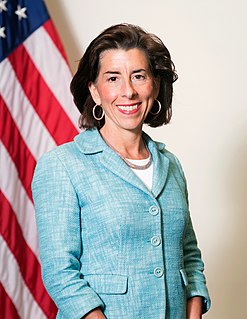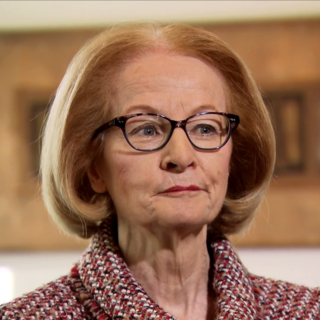A Quote by Jose Angel Gurria
Principles of fair and equitable treatment included in many treaties are uncontroversial as general principles of good public governance.
Related Quotes
There is nothing so bad or so good that you will not find Englishmen doing it; but you will never find an Englishman in the wrong. He does everything on principle. He fights you on patriotic principles; he robs you on business principles; he enslaves you on imperial principles; he bullies you on manly principles; he supports his king on loyal principles and cuts off his king's head on republican principles.
First, individual rights cannot be sacrificed for the sake of the general good, and second, the principles of justice that specify these rights cannot be premised on any particular vision of the good life. What justifies the rights is not that they maximize the general welfare or otherwise promote the good, but rather that they comprise a fair framework within which individuals and groups can choose their own values and ends, consistent with a similar liberty for others.
The financial crisis has underscored how insufficient attention to fundamental corporate governance concepts can have devastating effects on an institution and its continued viability. It is clear that many banks did not fully implement these fundamental concepts. The obvious lesson is that banks need to improve their corporate governance practices and supervisors must ensure that sound corporate governance principles are thoroughly and consistently implemented.
Principles always have natural consequences attached to them. There are positive consequences when we live in harmony with the principles. There are negative consequences when we ignore them. But because these principles apply to everyone, whether or not they are aware, this limitation is universal. And the more we know of correct principles, the greater is our personal freedom to act wisely.
Sometimes we forge our own principles and sometimes we accept others' principles, or holistic packages of principles, such as religion and legal systems. While it isn't necessarily a bad thing to use others' principles - it's difficult to come up with your own, and often much wisdom has gone into those already created - adopting pre-packaged principles without much thought exposes you to the risk of inconsistency with your true values.


































